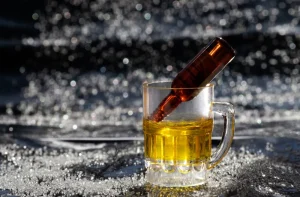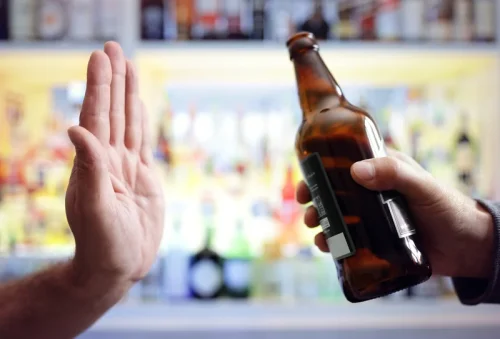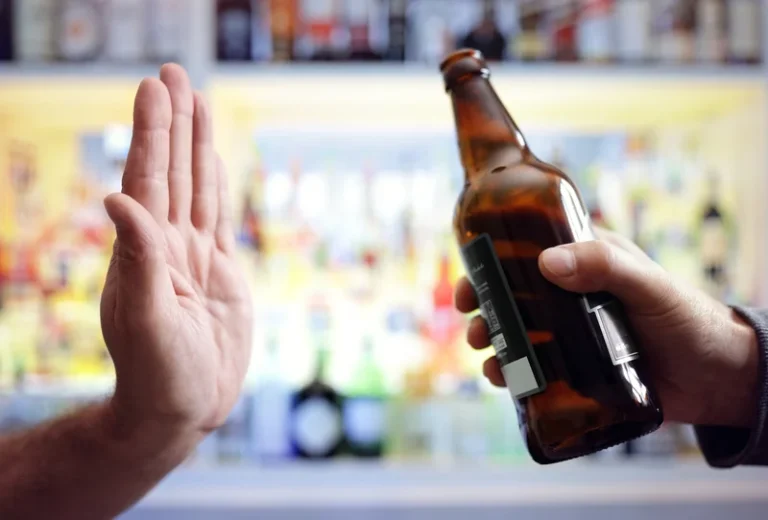
The symptoms can range from mild to severe, and can potentially be life-threatening in rare cases. While alcohol can help you fall asleep faster, it has a negative effect on sleep quality and duration. This is why people who drink alcohol at bedtime (especially in excess) may fall asleep quickly, but they are also more likely to experience fatigue and insomnia in the long run.
Myth: Alcohol is a disinfectant, so it can help you get over a cold
This will help to soothe the mucous membranes in your nose and prevent them from swelling and triggering a sneeze. If you find that straight spirits make you sneeze, try diluting them with water or soda before you drink them. This will reduce the alcohol in the drink and make it less likely to trigger a sneeze. Due to alcohol’s immunosuppressive and dehydrating effects, it’s not recommended as a remedy for the common cold. This means alcohol, like whiskey, isn’t acting as a cough suppressant in cough medicines.
Why Do I Sneeze When I Drink Alcohol?
Researchers estimate that 8% of the world’s population has a defective ALDH2 gene. People of Korean, Japanese, or Chinese descent are more prone to this genetic defect sneezing after drinking alcohol than people of other ethnicities. People should note, however, that its authors do not propose that this means that alcohol causes allergies. Quercetin is a plant pigment that has been shown to cause sneezing in some people.
Why Do You Get a Headache After Drinking Alcohol?
If your body is unable to remove acetaldehyde from the body, symptoms like congestion, flushing, headaches, and more can persist. Alcoholic beverages like wine and beer can make allergies worse due to their high histamine content. Histamines are chemicals your body produces during an allergic reaction. Additionally, certain types of alcohol can trigger a reaction to wheat, grapes, or other allergens they contain.

Can you be tested for an alcohol allergy? Are there treatments?
Many people are familiar with common side effects of alcohol, including lowered inhibitions, euphoria (i.e., feeling “tipsy”), Halfway house decreased coordination, and hangovers. However, alcohol can also have effects with which many people may not be familiar. Here are five surprising side effects of alcohol you should know about. However, only two of the 68 participants have a medically diagnosed allergy. This figure represents people whose symptoms are traceable to what the manufacturers made the product from and its production process, not the alcohol itself. Just as grapes can become wine, table fruit that becomes too ripe might contain enough alcohol to cause a reaction in someone with an alcohol allergy.
Other remedies that may be effective include zinc, dairy products that contain https://ecosoberhouse.com/ Lactobacillus casei probiotics, topical vapor rub, and OTC pain relievers such as acetaminophen and ibuprofen. Ginseng, echinacea, vitamin C, and vitamin D supplementation have not been shown to be effective as remedies for colds. Alcohol is rumored to work as a decongestant, but actually, the reverse is true.
- Alcohol can exacerbate a variety of allergy symptoms, including nasal congestion, runny nose, sneezing, itchy eyes, skin rash, and difficulty breathing.
- It’s pretty normal to feel ropey the day after drinking alcohol (especially as so many of the most popular hangover cures are actually myths, sorry).
- Firstly, some people have lower levels of the enzymes required to break down alcohol, leading to a buildup of byproducts that can trigger a mild allergic reaction.
- It is beneficial to have plenty of fluids while taking this medication.
- Thermo Fisher Scientific does not represent either Quest Diagnostics or the customer if the two enter into a transaction.
- In addition to histamine, beer also contains sulfites, which can irritate allergies for some people.
This will help reduce the number of histamines in your drink and make it less likely to trigger a sneeze. If you find that certain foods make you sneeze, such as strawberries or shellfish, try avoiding them before you drink. This will help to reduce the number of histamines in your system and make it less likely that they’ll trigger a sneeze.

Our test detects the 40 most common indoor and outdoor environmental allergies, including pet dander, pollen, and dust. Discover the answers to any allergy questions about allergy causes, symptoms, treatments, and more. Alcohol is a central nervous system depressant, which is why people feel sleepy after they’ve had a drink or two, and why drinking a “nightcap” before you go to bed can sound appealing. Drinking plenty of fluids will help to thin out the mucus in your nose and make it less likely to trigger a sneeze. Rinsing your nose with salt water or a saline solution will help to soothe the mucous membranes in your nose and reduce inflammation. Instead of whiskey, consider warm water or herbal tea with lemon and honey.
- In some people, these reactions look like allergy symptoms even though they don’t have a true allergy to alcohol.
- Read beverage labels to see whether they contain ingredients or additives you know cause a reaction, such as sulfites or certain grains.
- You will have the option to discuss your results with an independent physician at no extra cost.

If you suspect you have a beer allergy, you can consult a doctor and undergo allergy testing to determine the specific ingredients you are allergic to. This can happen because alcohol dilates blood vessels, making skin appear more flushed. It can also happen in people who have a genetic defect in the aldehyde dehydrogenase 2 (ALDH2) gene. People with this defect aren’t able to metabolize alcohol as quickly as others, which leads to a buildup of a compound called acetaldehyde that is known to cause skin flushing. Some people find that when they drink alcohol, they experience sneezing and nasal congestion. However, for people who are reacting to other ingredients in wine, tracking what they drink and their reactions may make it possible for them to enjoy some alcoholic beverages in moderation.

However, if it persists or becomes a consistent reaction, seeking advice from a healthcare professional is recommended. There is no surefire way to prevent alcohol-induced sneezing, but individuals can try to minimize exposure to triggers such as allergens, intense temperature changes, or known sensitivities. To avoid adverse reactions, sensitive individuals should reduce their exposure to sulfites. In recent times, sulfur dioxide and sulfites have been considered allergens, and concerns about their safety as food additives have increased. Sulfites can cause a range of dermatological, pulmonary, gastrointestinal, and cardiovascular symptoms.